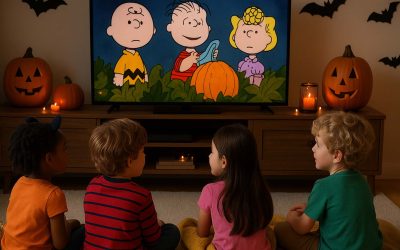Watching a child grow and develop is one of the most rewarding experiences for parents. From their first smile to their first steps, each milestone is a significant marker in their journey. Understanding these child development milestones can help parents support their child’s growth and identify any potential areas where extra attention might be needed. This guide provides an overview of key developmental stages, drawing insights from organizations like Child Trends [1].
What Are Developmental Milestones?
Developmental milestones are a set of functional skills or age-specific tasks that most children can do by a certain age range. These milestones are typically grouped into categories such as cognitive (thinking), social and emotional, speech and language, and fine and gross motor skills. While every child develops at their own pace, these milestones provide a general roadmap for healthy development.
Cognitive Development: How Children Learn and Think
Cognitive milestones relate to a child’s ability to think, learn, and solve problems. In infancy, this includes recognizing faces and responding to sounds. As they grow, it progresses to understanding cause and effect, developing memory, and engaging in imaginative play. For example, a toddler might start to sort shapes or understand simple instructions, while a preschooler begins to grasp basic counting and storytelling [1].
Social and Emotional Development: Building Relationships and Feelings
Social and emotional milestones involve a child’s ability to interact with others, express and manage their emotions, and develop a sense of self. This can range from smiling at parents and showing affection as an infant, to playing cooperatively with peers and understanding others’ feelings as a preschooler. Learning to share, take turns, and express frustration in healthy ways are all part of this crucial development [1].
Speech and Language Development: Communicating with the World
Speech and language milestones focus on a child’s ability to understand and use language. This begins with cooing and babbling in infancy, progressing to saying first words, forming simple sentences, and eventually engaging in complex conversations. Encouraging communication through reading, singing, and talking to children regularly can significantly support their language development [1].
Fine and Gross Motor Skills: Movement and Coordination
Motor skill milestones involve a child’s physical development and coordination. Gross motor skills are large movements like crawling, walking, running, and jumping. Fine motor skills involve smaller, more precise movements, such as picking up small objects, drawing, and buttoning clothes. Providing opportunities for active play and hands-on activities helps children refine these skills [1].
Q&A
Q1: What are developmental milestones?
A1: Developmental milestones are age-specific tasks or functional skills that most children can achieve by a certain age, serving as a general guide for healthy development.
Q2: What are the main categories of developmental milestones?
A2: The main categories are cognitive, social and emotional, speech and language, and fine and gross motor skills.
Q3: How can parents support their child’s cognitive development?
A3: Parents can support cognitive development by engaging children in activities that encourage thinking, problem-solving, and imaginative play, such as sorting games or simple puzzles.
Q4: What is the difference between fine and gross motor skills?
A4: Gross motor skills involve large movements like walking and running, while fine motor skills involve smaller, more precise movements like drawing or picking up small objects.
Q5: When should parents be concerned about developmental delays?
A5: While every child develops at their own pace, parents should consult with a pediatrician if they have concerns about their child not meeting several milestones within an expected age range.
Sources
[1] https://www.childtrends.org/








0 Comments